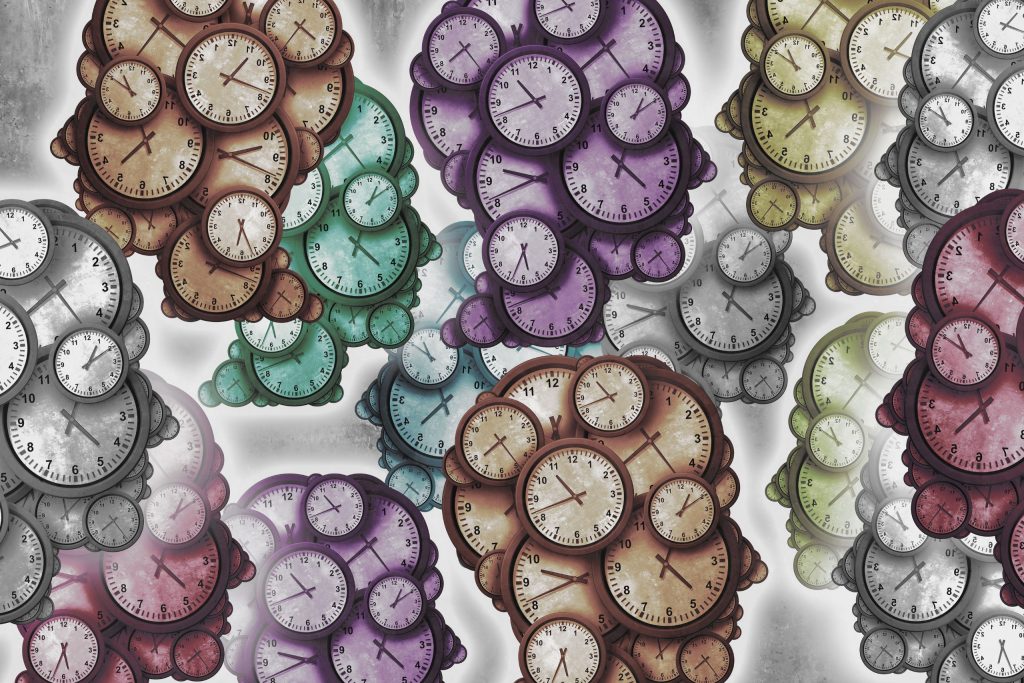Revealing the complexity of human behavior and the dynamics of social institutions depends much on sociologists’ work. These studies provide insightful analysis of relationships, cultural standards, and society effects, therefore helping to explain how people behave in different settings. New platforms that improve social phenomenon understanding emerge as technology develops. Usually disregarded, dark web search engines provide special data sources for sociological study. They let scholars look into groups, patterns, and behaviors that may not be obvious in popular culture. Along with highlighting underprivileged voices, this alternate lens may expose secret societal concerns, illegal activity, and the reasons behind it. The knowledge acquired from such studies helps to clarify modern societal issues in more all-encompassing sense.
Readers of this paper should discover the importance of these instruments in encouraging sociological research.
Revealing Hidden Social Dynamics
Finding hidden social connections and networks that can evade conventional study techniques depends critically on dark web search engines. These techniques expose subterranean dynamics reflecting larger society behaviors by means of tapping into obscure forums, markets, and communication channels.
Examining these connections is important as it helps one understand subcultures, ideas, and social events maybe invisible in popular conversation. For example, the rise of anonymous communities may help to clarify group reactions to problems like mental health, political dissension, and illegal trading.
Furthermore providing a better knowledge of how anonymity shapes social behavior, the dark web may help studies on the dissemination of conspiracy theories, cyberbullying, and young radicalization. Examining interactions within these hidden networks helps scientists to better understand resilience, adaptability, and the changing character of community in a digital age. All things considered, dark web data provides a window into the complexity of human interaction, therefore enhancing knowledge of society dynamics.
Finding hidden social connections and networks that can evade conventional study techniques depends critically on dark web search engines. These techniques expose subterranean dynamics reflecting larger society behaviors by means of tapping into obscure forums, markets, and communication channels.
Examining these connections is important as it helps one understand subcultures, ideas, and social events maybe invisible in popular conversation. For example, the rise of anonymous communities may help to clarify group reactions to problems like mental health, political dissension, and illegal trading.
Furthermore providing a better knowledge of how anonymity shapes social behavior, the dark web may help studies on the dissemination of conspiracy theories, cyberbullying, and young radicalization. Examining interactions within these hidden networks helps scientists to better understand resilience, adaptability, and the changing character of community in a digital age. All things considered, dark web data provides a window into the complexity of human interaction, therefore enhancing knowledge of society dynamics.

Analyzing Subcultures and Communities
Dark web search engines provide special insights into several subcultures and specialized societies that often stay out of sight for mainstream society. Accessing these sites allows academics to find newly developing ideas, attitudes, and behaviors defining these communities. In sociological research, knowing these subcultures is very beneficial as it enhances awareness of society dynamics, reasons, and resistance movements.
One such example is the hacker community, which showcases abilities that subvert accepted wisdom on privacy and security and lives on dark web forums. This community mirrors more general sociological patterns on how technology affects social order. Another example is the online drug culture, in which users provide a prism through which to see alternate lives and the complexity of addiction by sharing knowledge about drugs and their effects.
Often stigmatized, these subcultues provide insightful analysis of human behavior and society responses, thereby illuminating scholars on resilience, identity development, and the continuous conversation between conformity and rebellion. Examining these groupings finally helps one to grasp modern societal concerns and the subtleties of digital age human connection.
Monitoring Patterns and Trends
Dark web search engines provide a unique prism through which academics could see developing trends and patterns in internet usage. Examining material from several dark web sites helps analysts find changes in public opinion, newly occurring criminal activities, and fresh ideas. These realizations provide a proactive approach to law enforcement and policy-making as well as help to forecast society changes.
Access to dark web data has exposed certain trends like the development of cryptographic technology, the expanding usage of distributed markets, and rising debates on privacy-oriented solutions. These results not only assist authorities in combating illegal activity but also allow businesses to adjust to cultural changes like the growing need for personal privacy in digital contacts.
Tracking trends on the dark web offers priceless insights that improve knowledge of society dynamics and help to guide decisions by means of which a safer, more conscious community is created.
Ethnographic Research Opportunities
Dark web search engines provide special chances for digital ethnographic study by letting sociologists investigate subcultures and societies often missed in conventional research. By use of these platforms, researchers may connect with various digital populations, evaluate social behaviors, norms, and interactions in anonymous environments.
Ethical data collecting techniques guarantee respect of participants’ privacy and permission via means of participant observation, wherein sociologists immerse themselves to grasp community dynamics, and content analysis of forums and debates. To maintain anonymity and hence provide a secure study setting, researchers might also anonymize personal data protecting identities.
Such studies might provide a perceptive examination of society issues like deviance, internet advocacy, and identity formation. These results throw doubt on accepted sociological theories as they provide many perspectives on social structures, power relations, and community resiliency. Dark web research finally might assist to highlight the complexity of our digital lives and improve the social dialogue.
Influence on Social Policies and Interventions
Dark web search engine may greatly drives social events and legislative development by exposing hidden tendencies and new hazards. These results draw attention to behavioral patterns connected to illegal actions, therefore supporting lawmakers in their awareness of problems like cybercrime, drug trafficking, and human trafficking. Data showing an increase in certain drug sales on the dark web, for example, might inspire quick public health reactions such focused addiction treatment programs or educational campaigns.
Moreover, study of dark web communication may guide law enforcement policies, thereby improving their capacity to fight organized crime. By means of increased transparency and responsibility practices, policies developed from public opinion acquired via dark web forums may serve to enhance community trust in police enforcement.
Companies may design social interventions aimed at young children on internet safety by using trends of dark web usage. Dark web data insights help societies to more effectively solve pressing issues, hence improving societal well-being and resilience against new threats.

Conclusion
Emphasizing their capacity to expose frequently disregarded social processes, the study underlines the great potential of dark web search engines as useful instruments for sociological investigations. These unusual sites provide insights into subcultures, new trends, and unrecorded social events by giving access to a variety of unvarnished data. Dark web data inclusion into their approaches helps sociologists better grasp intricate social relationships and behaviors, therefore improving their study results. The paper exhorts academics to welcome new creative tools in order to extend their analytical range and get a more all-encompassing view of society problems. Using the dark web could result in revolutionary findings and advance knowledge of the always changing social terrain.
